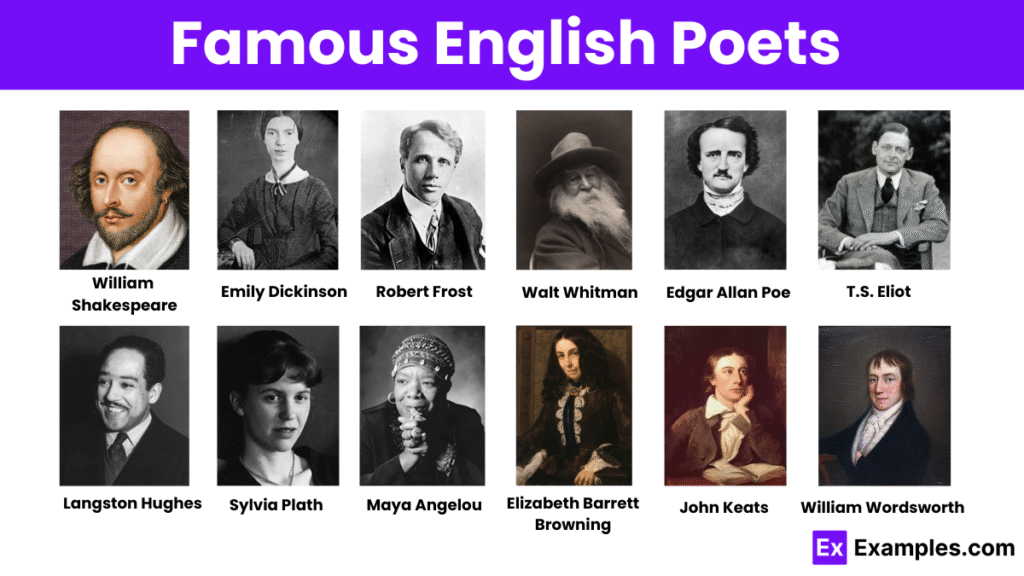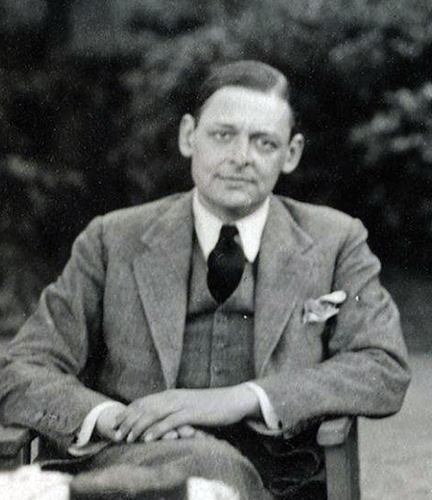Poetry is the purest form of expression. For centuries, English poets have captured the spirit, emotions, and intellect of their times, leaving behind literary treasures that continue to inspire the world. From the romanticism of Wordsworth to the philosophical musings of Eliot, these voices echo through generations.
1. William Shakespeare
Arguably the most iconic English literary figure, William Shakespeare (1564–1616) is renowned not just for his plays, but also for his 154 sonnets and numerous poetic passages. His themes of love, loss, power, and time are as relevant today as they were in the Elizabethan era.
“Shall I compare thee to a summer’s day?”
Explore more about Shakespeare
2. William Wordsworth
The father of English Romanticism, Wordsworth (1770–1850) brought nature and human emotion into poetic harmony. His famous work, Lines Composed a Few Miles Above Tintern Abbey, reflects a deep connection to nature and memory.
“Poetry is the spontaneous overflow of powerful feelings: it takes its origin from emotion recollected in tranquility.”
3. John Keats
A poetic genius whose life was cut short at 25, John Keats (1795–1821) left behind odes of rare beauty. His Ode to a Nightingale and To Autumn remain cornerstones of lyrical English poetry.
“A thing of beauty is a joy forever.”
4. Emily Brontë
Although best known for her novel Wuthering Heights, Emily Brontë (1818–1848) was also a gifted poet. Her verses reveal themes of isolation, spirituality, and longing.
“No coward soul is mine.”
5. T.S. Eliot
A pioneer of modernism, T.S. Eliot (1888–1965) infused poetry with philosophical depth and complex structure. His masterpiece The Waste Land redefined 20th-century verse.
“April is the cruellest month.”
Why English Poets Still Matter
English poetry is a cultural mirror, capturing the essence of society’s triumphs, tragedies, and transformations. These poets serve not just as artists, but as historians of the human soul.Browse more English poetry
Conclusion
The enduring magic of English poets lies in their ability to resonate across centuries. Their words, though anchored in the past, continue to ignite emotion, provoke thought, and inspire change.







